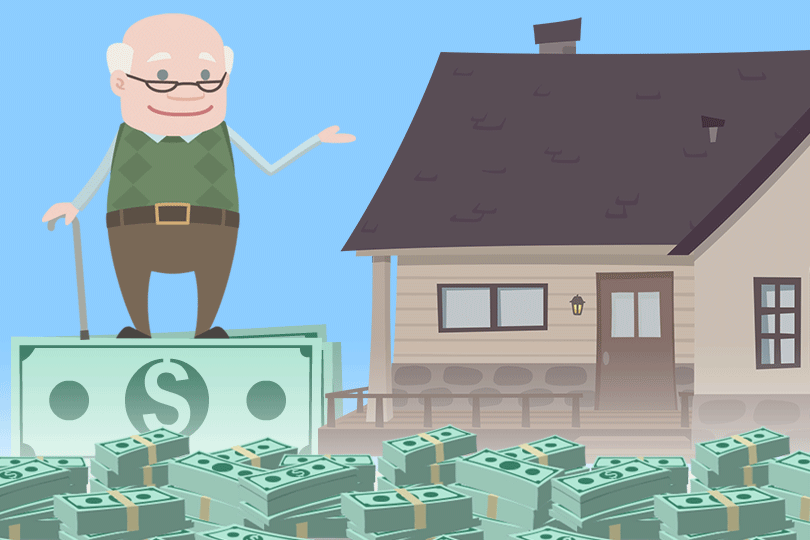What You Should Know About FHA Energy Efficient Mortgages

And you are not alone in your interest if you’re looking into solar options. In April 2022, the Department of Housing and Urban Development announced support for a Washington D.C. program called “Solar For All”, a program HUD says could help those living in HUD-assisted properties in the District to consider such options “without experiencing an increase in their housing costs” according to HUD.
A press release at HUD.gov says the “Solar for All” project is intended to bring solar energy savings to 100 thousand low-to-moderate-income families in the D.C. area. The announcement is part of a federal government effort meant to “address climate concerns, and create benefits for residents of HUD-assisted households through equitable deployment of community solar” according to HUD.
Are you interested in solar energy? Maybe solar doesn’t appeal directly to you but you have energy-efficient upgrades you’d like to add to the home? Either way, you may have an option through an FHA loan program called the Energy Efficient Mortgage or EEM.
This is not a separate home loan, but rather an add-on to the FHA mortgage or refinance loan that includes money for approved energy-saving improvements to the property. Such upgrades can include solar energy but also other things like storm windows and doors, adding energy-efficient systems in the home, etc.
With an Energy Efficient Mortgage you’ll need to work with a certified energy consultant to determine the best upgrades to the home, and then present your project to the lender. You and the lender will agree on the projects together. Only approved upgrades and additions can be paid for with FHA EEM loan funds.
This is not a loan option where you can get unrestricted cash at closing time like an FHA Cash-Out Refinance loan. EEM funds can only be used for their intended purpose.
Since this is an add-on to the loan amount, your purchasing power is not reduced by the amount of your FHA Energy Efficient Mortgage. EEM funds are added later after your original loan amount has been decided and this does not count against your loan limit to buy or refinance the home.
The Energy Efficient Mortgage option is available for most FHA loans including cash-out refi loan options, FHA streamline refinances, FHA One-Time Close construction loans, or even an FHA 203(k) rehabilitation mortgage.
Keep in mind that add-ons to your loan like this can potentially raise your monthly mortgage payment. Be sure to ask a loan officer about how much the payment might increase based on these additions to the loan. You will want to compare your mortgage payment with and without the EEM funds and other add-ons to the loan.
------------------------------
Learn About the Path to Homeownership
Take the guesswork out of buying and owning a home. Once you know where you want to go, we'll get you there in 9 steps.
Step 1: How Much Can You Afford?
Step 2: Know Your Homebuyer Rights
Step 3: Basic Mortgage Terminology
Step 4: Shopping for a Mortgage
Step 5: Shopping for Your Home
Step 6: Making an Offer to the Seller
Step 7: Getting a Home Inspection
Step 8: Homeowner's Insurance
Step 9: What to Expect at Closing

Do you know what's on your credit report?
Learn what your score means.






